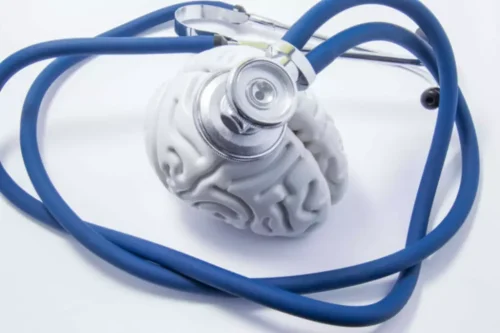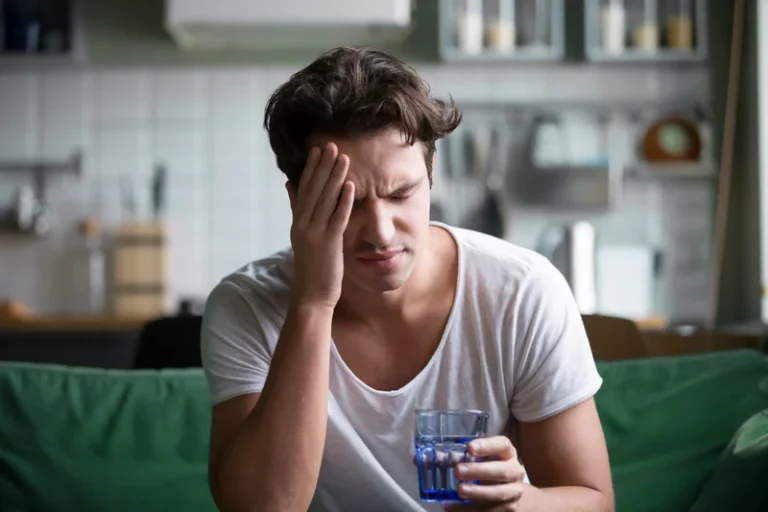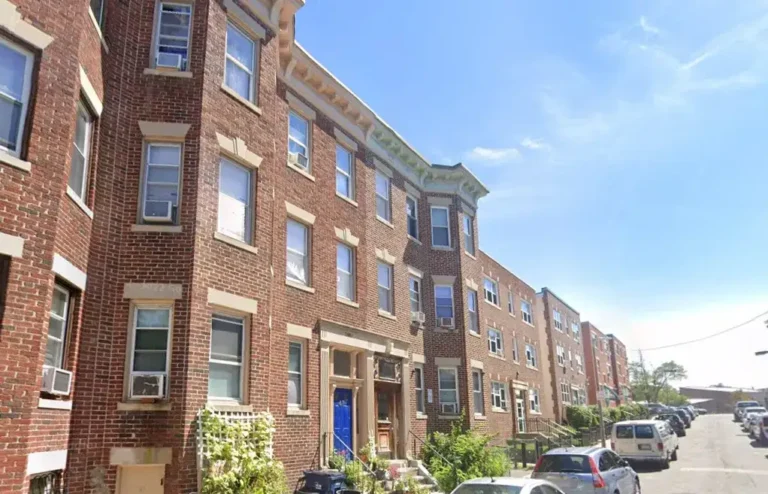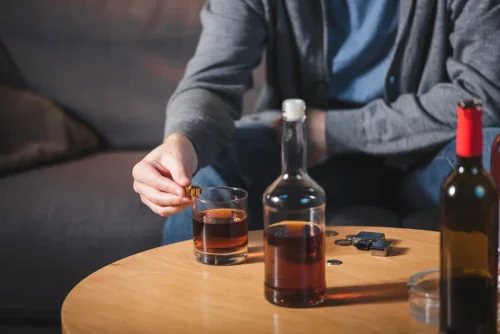
Long-term heavy drinking can also cause permanent changes to the brain, such as problems with understanding, remembering, and thinking logically. If you binge drink alcohol, your depression and anxiety may also worsen. Binge drinking is when you drink a lot of alcohol in one day — more than 8 units of alcohol per day for men and more than 6 units of alcohol per day for women, with 1 unit of alcohol being equal to half a pint.
Support for People With Alcoholism
As a result, AUD creates many obstacles and frustrations in day-to-day life. Ms Dunstall said she did not have addiction issues, like most Adult and Teen Challenge residents, but was struggling with her mental health. “The report shows us that we must remain steadfast in our efforts to address the mental health and substance use crises,” Delphin-Rittmon said. Supportive Housing, like group homes or sober houses, are residential treatment centers that may help people who are newly sober or trying to avoid relapse. Sober homes have been criticized for offering varying levels of quality care because licensed professionals do not typically run them.
What counts as heavy, moderate, and binge drinking?
- It’s a range that includes alcohol abuse, which is when drinking has serious consequences again and again.
- They may know that their alcohol use negatively affects their lives, but it’s often not enough to make them stop drinking.
- Use these free digital, outreach materials in your community and on social media to spread the word about mental health.
Alcohol misuse is a leading preventable cause of death in the United States. AUD is undertreated and marked by guilt, shame, and stigma, too often ending in despair and suicide. According to the Journal of the American Medical Association, 37% of alcohol abusers have at least one serious https://ecosoberhouse.com/ mental illness. Among people dying by suicide, AUD is the second-most-common mental disorder, involved in 1 in 4 suicide deaths. Rather than wait for people to “bottom out,” we need to intervene much sooner with regular alcohol screening and identification of pre-addiction.
Research Funded by NIMH
The feelings of bliss wear off, and they can worsen your depression symptoms. To have a full picture for patient care, patients with AUD should be screened for other substance use. Stigma can be reduced with normalization statements such as “Many people try (cannabis or painkillers in ways that are not prescribed) at some point in their lives; is that something you have tried? ” See the Resources section, below, for SUD screening and assessment tools. The hallmarks of anxiety disorders are excessive and recurrent fear or worry episodes that cause significant distress or impairment and that last for at least 6 months.
The NIAAA Alcohol Treatment Navigator can help you connect patients with the full range of evidence–based, professional alcohol treatment providers. Many of the same treatment approaches and therapies is alcoholism a mental illness are used to address substance use and mental health disorders. In fact, many treatment professionals are integrated providers, trained in both addiction and mental health treatment.
Treatment for alcohol use disorder

However, if someone who enjoys moderate drinking increases their consumption or regularly consumes more than the recommended quantity, AUD may eventually develop. If you have alcohol dependence, it can be unsafe to suddenly stop drinking. Talk to your doctor and work out a plan to safely lower your alcohol consumption. If you feel you’re drinking more than you’d like or your alcohol use is making your depression symptoms worse, there are some things you can do.

Performance-enhancing drugs or placebos? The myth at the heart of anti-doping
In addition, newer or emerging treatments may include GLP-1s and psychedelics as well as neuromodulation (like TMS). It’s generally not recommended to drink if you’re taking antidepressants. Alcohol can make depression worse and increase the side effects of some antidepressants. If you’re trying to cut down or stop drinking, research shows some antidepressants can increase your risk of relapsing. The NHS website has more information on alcohol and antidepressants.
Clinical Research
What Is Alcohol Use Disorder?

